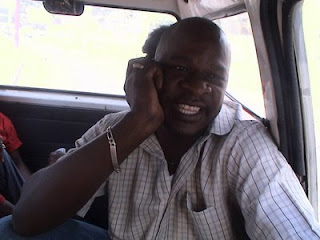 Dear Pastor,
Dear Pastor,I am a 16-year-old girl. I am having a problem with boys and girls. I am a student having it hard to walk on the road without being harassed. I am a cute girl. I used to have a boyfriend, but I left him because of his attitude. He is a 16-year-old boy living in my community. I left because he only came around when he wanted to have sex and that's all he spoke about.
He has many friends and they are mostly bad boys who steal. The thing I don't like about him is that when I have sex with him, he tells his friends. And his friends talk about their girls, too. They talk and talk until the people in the community hear and then it reaches my mom and dad. This causes problems for me because when I am walking on the road, people laugh at me and that's why I left him.
I was at a party when I saw a girl, aged 17. She was dancing with some of her friends and she asked me to dance with them and I did. At the end of the party, she asked me for my number and I gave it to her and that's where the love started. She was the 'girlie' type. She told me that I was her boyfriend. Going out with her makes me happy.
Please, pastor, help me and tell me what to do?
W.G., Clarendon, Jamaica
Dear W.G.,
You have now become a lesbian. And one of your lovers is only 12 years old. Many girls your age are in the chat room talking about sex with each other and making dates. I have been told by other young girls that this is rampant and many parents are not even aware of what is going on. There was a time when parents would see girls talking and hugging and would not suspect that these girls are lesbians because girls like to hug each other and chat. Nowadays, when two girls are seen all the time hugging and spending time with each other, people become suspicious of them.
I am extremely sorry to know that you have become involved sexually with other girls and I tell you that I will be praying for you.
However, you must do something to help yourself. You must cease from calling these girls and going out with them. Cut all ties with them.
When they call you, tell them that you do not wish to associate with them any time. At the same time, be prepared for your name to be called all around the community and outside the district, because gay people do not like when anyone breaks from their rank and they will scandalise your name. Don't give your money to anybody.
You have embarrassed your parents enough. Tell your parents that you are willing to see a family counsellor because you would like to change your behaviour. I wish you well.
Pastor










